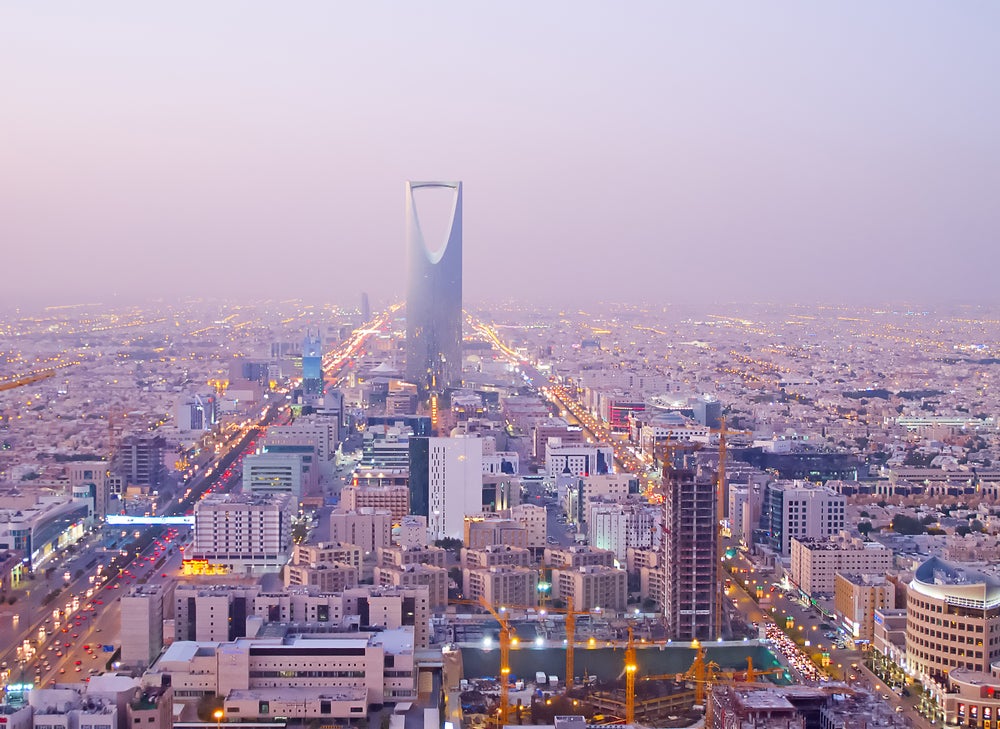
In grappling with the challenging environment for the oil economy, Saudi Arabia recently took the surprising move to put a member of the royal family in charge of its energy sector.
Prince Abdulaziz, half brother of de facto ruler Crown Prince Mohammed bin Salman, is the first member of the Saudi royal family to take a principal role in the kingdom’s energy ministry.
“The announcement came out of the blue,” Callum Macpherson, head of commodities at Investec, tells PBI. “It was a surprise that the new Energy Mister will be a member of the Saudi royal family, as this has never happened before.”
“However, Prince Abdulaziz has been intimately involved with Saudi Arabia’s energy policy for a long time. He was instrumental in negotiating the OPEC-Plus deal and was opposed to the 2014/15 policy of trying to beat US shale by increasing production.”
Abdulaziz has committed to support cuts to oil output set out in OPEC-Plus, the agreement between the Organisation of the Petroleum Exporting Countries and fellow oil producing countries to raise prices.
“Logically this would suggest Saudi oil policy should not change much as a result of the new appointment,” Macpherson adds. “It may be that as OPEC are now dependant on non-OPEC countries such as Russia, leading to the role of Saudi Energy Minster having a more diplomatic angle, it was felt the role was better suited to a member of the Saudi Royal Family.”
How well do you really know your competitors?
Access the most comprehensive Company Profiles on the market, powered by GlobalData. Save hours of research. Gain competitive edge.

Thank you!
Your download email will arrive shortly
Not ready to buy yet? Download a free sample
We are confident about the unique quality of our Company Profiles. However, we want you to make the most beneficial decision for your business, so we offer a free sample that you can download by submitting the below form
By GlobalDataThis move points towards the monarchy wishing to be more hands-on in the most important sector of its economy at a time when the industry has been stuttering.
Oil enjoyed an uptick in price following the Abdulaziz’s appointment, but continues to sit some way short of the $80-85 per barrel price that Saudi Arabia needs to balance its budget.
The kingdom is also looking to consolidate the industry ahead of the government-owned oil company Saudi Aramco’s IPO, in which many of the world’s biggest investment banks, including JPMorgan and Morgan Stanley are reportedly set for principal roles.
The IPO of what is thought to be the world’s most profitable company is considered a big step on the road to economic facelift that will end the kingdom’s oil reliance.
This was given a rude awakening in mid-September after the two attacks on Saudi processing plants causing a surge in the oil price by almost 20%.
This highlights how, Despite Abdulaziz’s experience, there is only so much Saudi Arabia and its fellow OPEC parties can do to effect positive direction of travel in oil’s price, as Macpherson explains.
“While total oil production and consumption has grown steadily over the years, OPEC’s production has remained at around 30 mb/d, meaning their share of world production and pricing power has diminished. This is why they have had to enlist the help of Russia and others in supporting prices.”
Macpherson points towards US-China trade tensions causing softer demand and technology helping to decrease the cost of production as challenges to OPEC maintaining prices without surrendering market share.
So with the best OPEC will in the world, oil pricing is nonetheless extremely sensitive to current geopolitical factors, which offer little certainty of any forthcoming resolution.
For example, prices fell by 2% on September 11th after a report suggested that Donald Trump was considering an easing of sanctions on Iran boosting global supply. This came in the wake of the resignation of John Bolton, National Security Advisor and one of the White House’s sternest advocates for keeping Iran on a short leash.
“Non-OPEC supply has increased strongly this year and though OPEC has kept its production significantly down below last year (where sanctions on Iran and Venezuela have been a significant contributor), current estimates suggest that OPEC + will face the prospect making further large cuts into 2020,” Macpherson says.
If bearish feeling for oil is heavily driven by concerns of oversupply, though, one must stop and assess how well-founded such fears are. Macpherson explains how forecasts for oversupply tend to assume continued US supply increase. Should this fall short then, the outlook for crude prices could then improve.
“One possible source of support for oil prices is the question marks over US drilling activity,” he says.
“Shale producers have succeeded in increasing efficiency further, but there are signs of new well drilling activity slowing. This can be seen in the rig count figures as well as the share price performance of oil services companies (the Philadelphia Stock Exchange Oil Service Sector Index is at around half its value of a year ago).”







